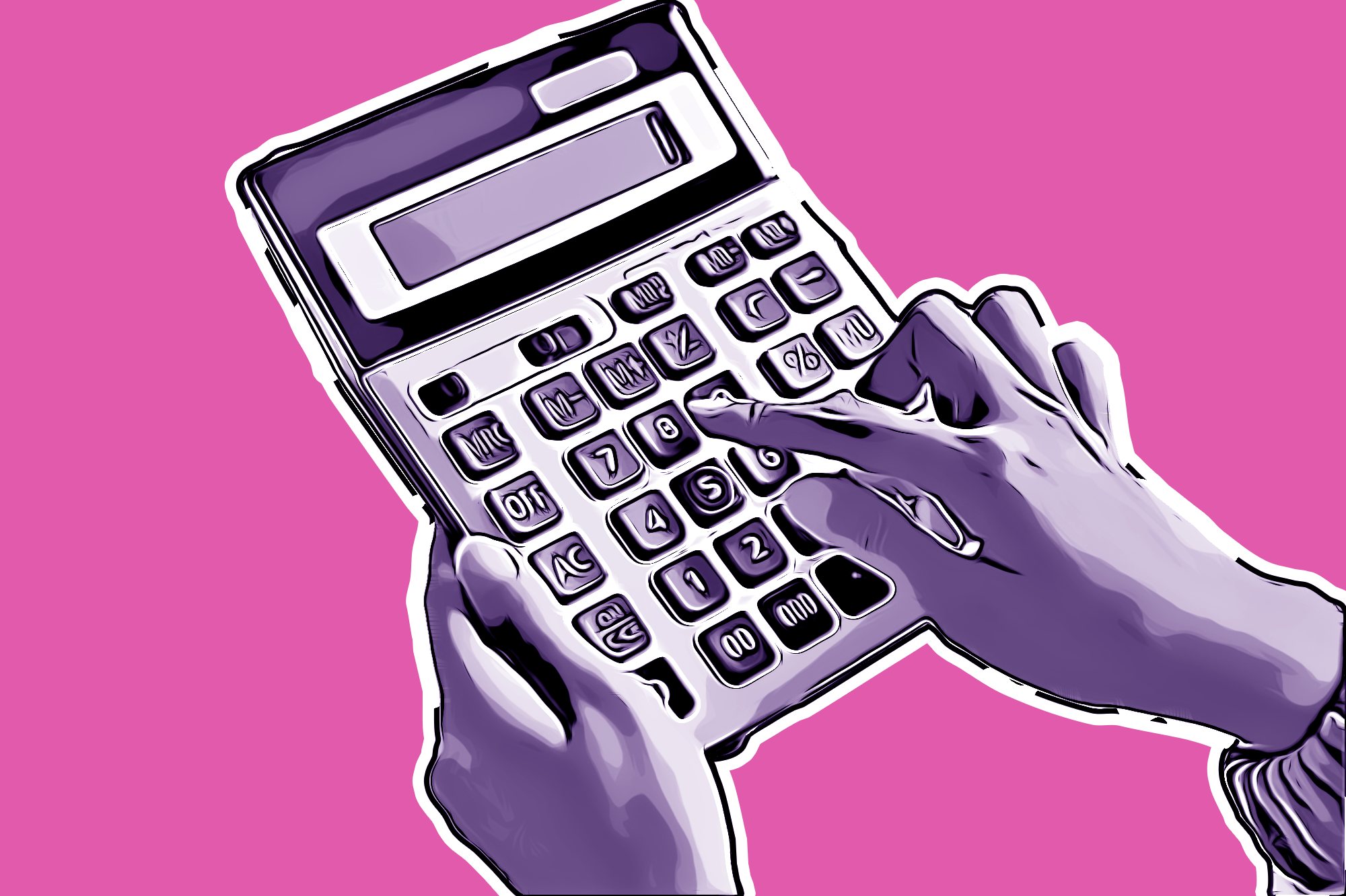Looking after our children is the most important thing in the world. But many of us find it difficult to balance this with our busy working lives. When our children are too young to go to school or nursery but we are out of the house working all day, where do we leave them? Some of us are lucky enough to have relatives who can help take care of our young ones during the day, but for those of us who do not have this luxury, we are presented with a difficult dilemma. Hiring a nanny and calculating the nanny tax need not be as complicated as it first seems however..
Hiring a nanny and nanny tax
One solution that many people find attractive is to hire a nanny to come into our house and help out. However, in order to do this correctly and safely through legal channels, it is necessary to register as a private employer of domestic workers with HMRC (Her Majesty’s Revenue and Customs). One must also pay the tax contributions of the nanny on their behalf. This can be a complicated and bureaucratic process, which many people find daunting and off-putting. However, taking a bit of time to inform oneself about everything that is involved can help to clarify things and take away a lot of the unnecessary stress. So what are the tax contributions that I must pay in order to employ a nanny in my house?
Paying the correct tax for a nanny: PAYE and National Insurance
An employer of domestic workers must pay income tax (also known as ‘PAYE’). The must also pay National Insurance contributions to the government on behalf of their employee (in this case the nanny). In other words, if I hire a nanny, I must calculate the wage that I will pay to the nanny. I must then deduct from this figure the tax and National Insurance contributions that the nanny owes to the government.
But exactly how much money do I have to pay as PAYE and National Insurance?
This will depend on the salary of the employee. As the employer, I will set the salary of the employee, which can be as low or as high as I deem (provided that it is above the minimum wage requirement). How much money I must deduct from the employee’s wage – if at all – to pay their tax contributions to the government will depend on their salary.
There are various calculators online which simplify things and tell you how much you should be paying on behalf of your employers – depending on their wage.
How do I pay these taxes?
You (the employer) can pay these taxes online. Firstly, you must register on GOV.UK as an employer of domestic workers. Then you can access an online portal through which you can manage payments on behalf of your worker.
Is there a simpler way?
Yes. It is possible to hire another person or organisation such as a tax agent to take care of these things for you. Many people find that these processes are complicated and intimidating, or that they simply do not have enough time to spare in their busy lives to manage everything. Nomenial offers a complete service where we manage all tax contributions for you. Moreover, we take care of every other important thing that an employer must manage – such as contracts, payroll, payslips, liability insurance and pensions. Nomenial offers a complete package. You employ the nanny, and we do the rest. All of the stress will be taken out of your hands and you will be able to rest knowing that everything is being done correctly and legally.







